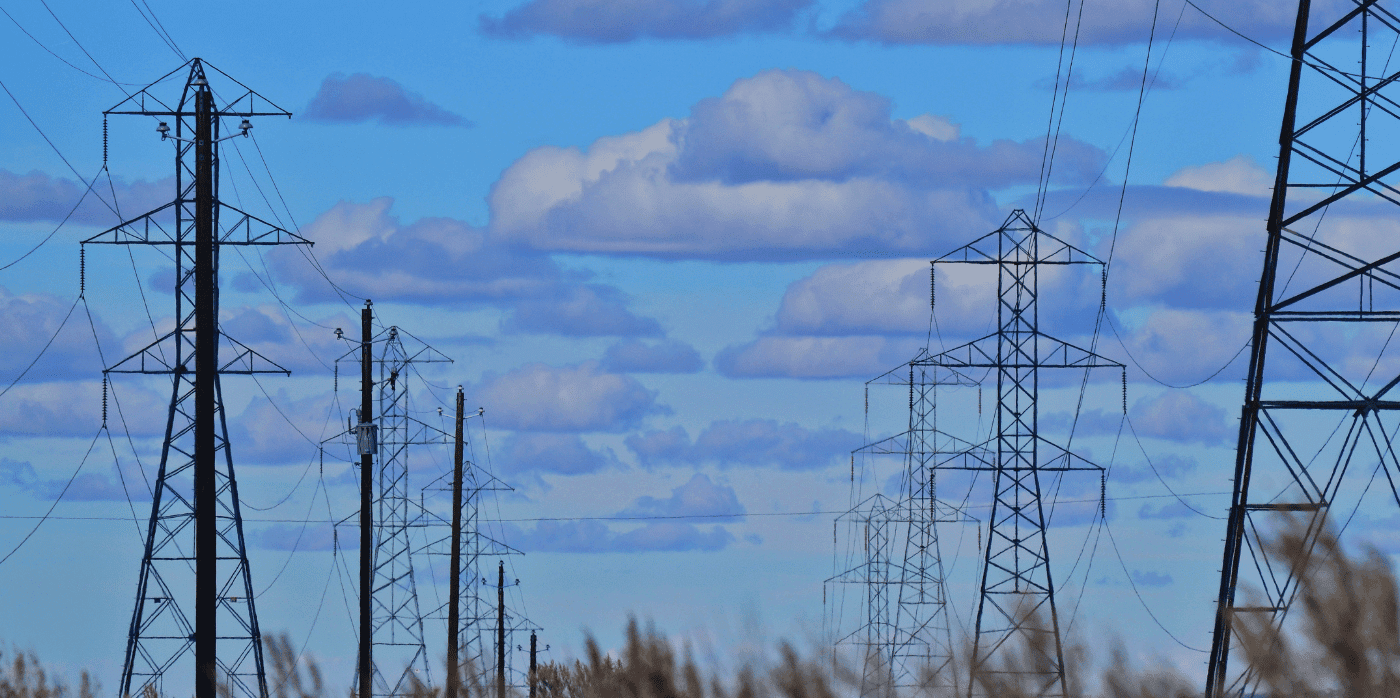
Spotted: As electrification of power grids continues around the world, ageing infrastructure is slowing down the global transition to green energy. In the EU, analysts warn that the region’s annual investment in the grid is around €15 billion short of what it needs to be to meet carbon emission reduction goals, highlighting the need for physical modernisation and digitalisation to expand grid capacity.
Subra A/S, a spin-off from the Technical University of Denmark, may be able to provide the equipment needed to meet those growth goals – with its superconducting Subracables.
Older grids largely rely on copper cabling, a material that heats up during the transmission of power, resulting in a loss of up to 13 per cent of the total energy. Superconductors, by contrast, transmit electricity with no resistance when cooled. Currently, most high-temperature superconducting cables are flat tapes that have both capacity and strength limitations, and can only be used across relatively short distances.
Subra’s solution is to bundle high-temperature superconductors together for huge gains in strength, efficiency, and scalability. The company’s cables could be used across distances of 100 kilometres or more and reduce energy loss during transmission by 90 per cent. Subra says that this energy saving is the equivalent of the energy produced by 45 nuclear power plants.
Subracables take up less space, making it easier for governments to expand infrastructure. A huge problem faced by some of the oldest electric grids is that they cannot connect to new sources of power, but Subracables are designed explicitly for use with renewable energy.
A €3.5 million funding package from the European Innovation Council’s (EIC) Accelerator programme awarded in 2023 is helping Subra take its technology from prototype to production.
Distributed networks such as low-voltage connections and an all-in-one solar power generator and water purifier are innovations featured in Springwise’s library that showcase the ways in which innovators are bringing power and electricity to remote areas with smaller, more portable, and often modular structures.
Written By: Keely Khoury

